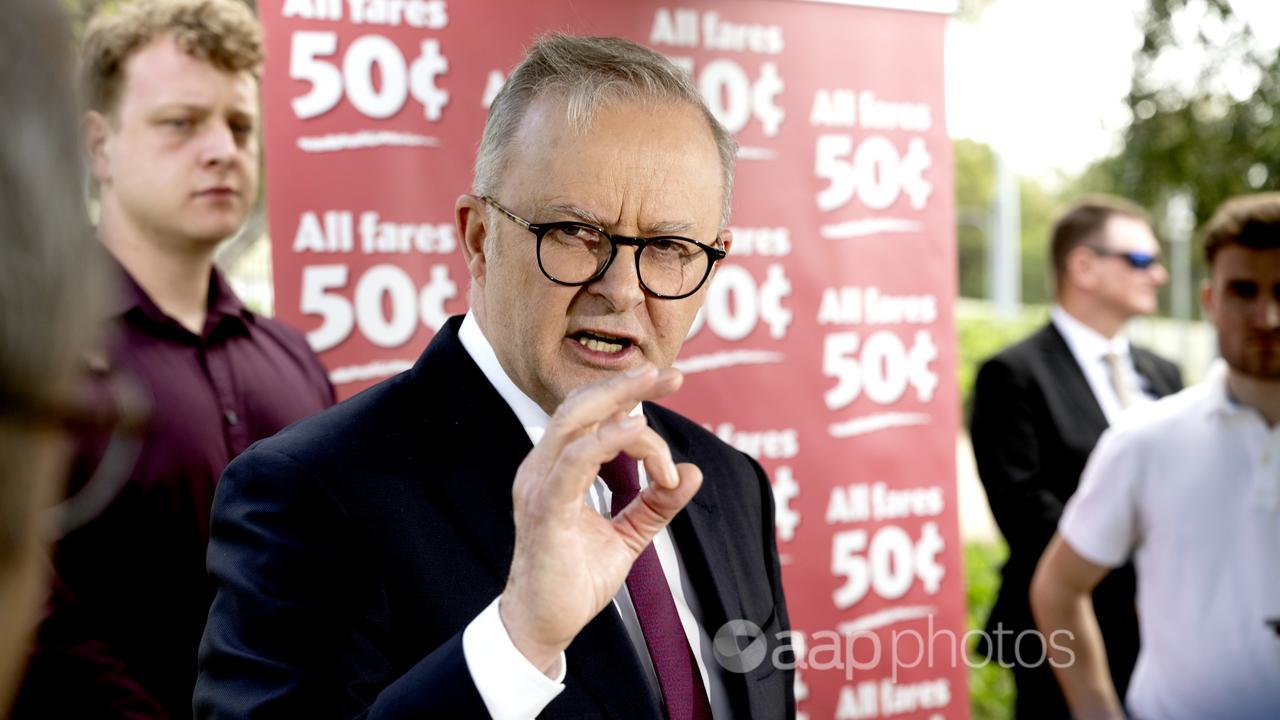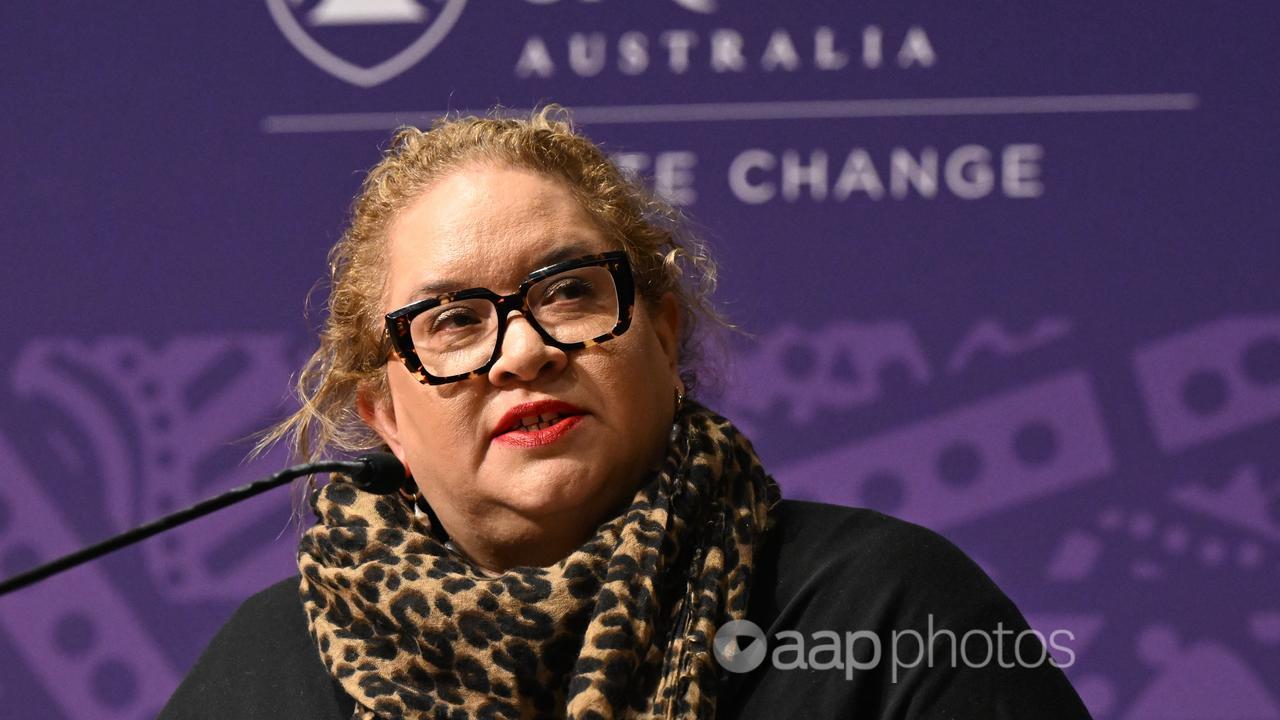As supporters of an Aboriginal and Torres Strait Islander voice to parliament call for structural change, the prime minister says the government is focused on practical reconciliation.
Monday marks one year since the referendum, which sought to enshrine an Indigenous voice in the constitution, was defeated.
More than 60 per cent of Australians voted ‘no’ in the referendum on October 14, 2023, with every state and territory – aside from the ACT – rejecting the proposal to establish a permanent advisory body and constitutional recognition of First Nations people.
Anthony Albanese said it was a disappointing result, but since the referendum the federal government had implemented measures for practical reconciliation.
Speaking on the Gold Coast Mr Albanese pointed to the Commonwealth’s $4 billion remote housing investment, an education deal with the Northern Territory and remote jobs plan.

“We’ll continue to engage directly with Indigenous Australians,” he said.
“I’ll continue to engage to make sure that we can do better when it comes to closing the gap because governments of all persuasions have not done well enough up to now.”
One of the architects of the Uluru Statement from the Heart, Megan Davis, said there was still a need for a voice, whether constitutional or statutory.
Professor Davis said structural change was needed to make a difference in people’s lives, and state-based treaty and truth-telling processes would not be enough.
“Any state-based process whether it is voice, treaty or truth are vulnerable to political shifts, as we’ve seen with the Northern Territory abandoning truth-telling after their recent election,” she told AAP.
“Without a coordinated national voice, we’re stuck with fragmented approaches that won’t deliver the lasting change First Nations People need across the country.”
Prof Davis said once it became clear the referendum was unlikely to win public support, it should have been delayed.
Former Indigenous Australians Minister Linda Burney said the prime minister had listened to what the Indigenous leadership wanted – and waiting for a vote was not on the agenda.
“Any suggestion that the referendum working group would have accepted a delay is false,” she told the ABC.
“[The prime minister] did what the Aboriginal leadership asked. It’s exactly what happened and you can’t rewrite history.”
Despite the defeat, Thomas Mayo, who was among the leading ‘yes’ vote advocates, said constitutional change could still take place down the track.
“There’s still a future that includes Indigenous people in the constitution. Sure, in reality it’s not going to happen again for a while,” he told ABC radio on Monday.

“We don’t always get things right in a democracy. If we accepted the ‘no’ answers that we got about equal wages or about our right to vote as Indigenous people … things would be worse today.
“Because more than 60 per cent of young people voted ‘yes’ between 18 and 24, that tells me that we’ve got a future, and what we tried to do last year will be achieved.”
Opposition Indigenous Australians spokeswoman Jacinta Nampijinpa Price said supporters of the voice needed to move on.
Speaking in Alice Springs on Monday, she said she been disappointed with the “lack of action” from the federal government following the referendum.
“The last 12 months have been absolutely disappointing with regard to the lack of action by the Albanese government … especially after the failure of the Voice, no backup plan to improve the lives of marginalised Indigenous Australians,” she said.




















